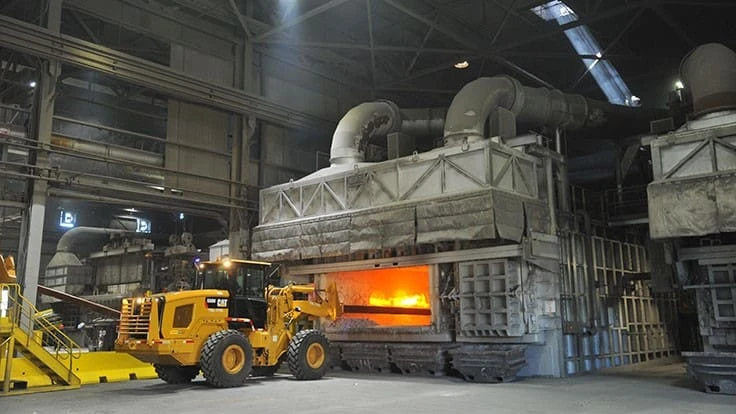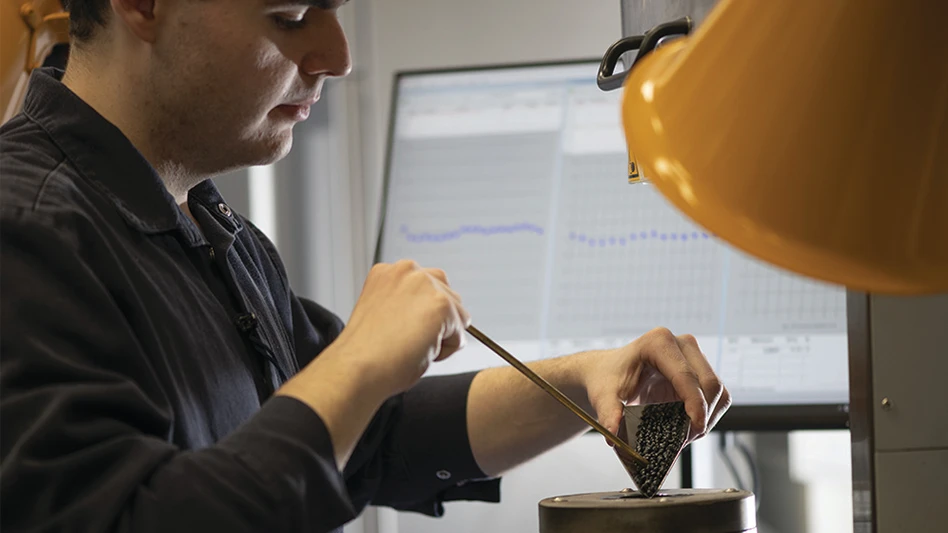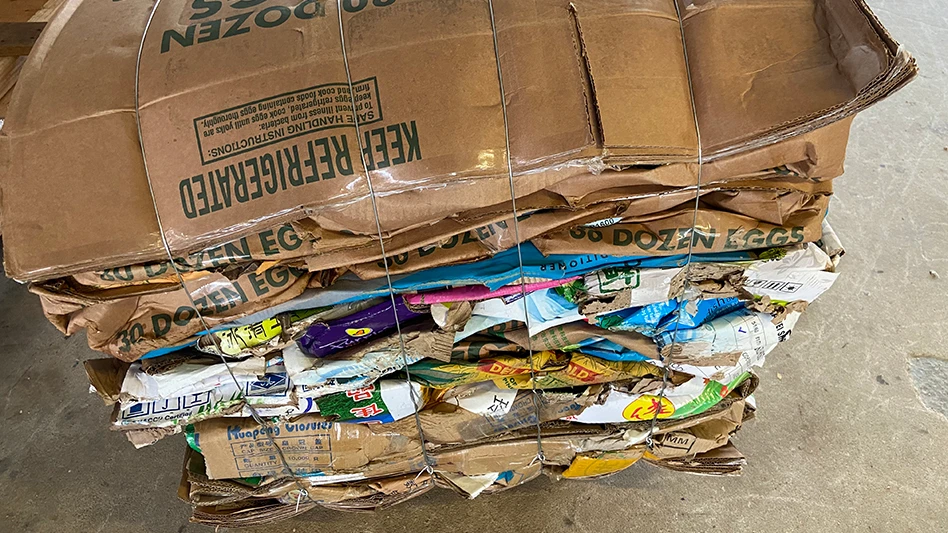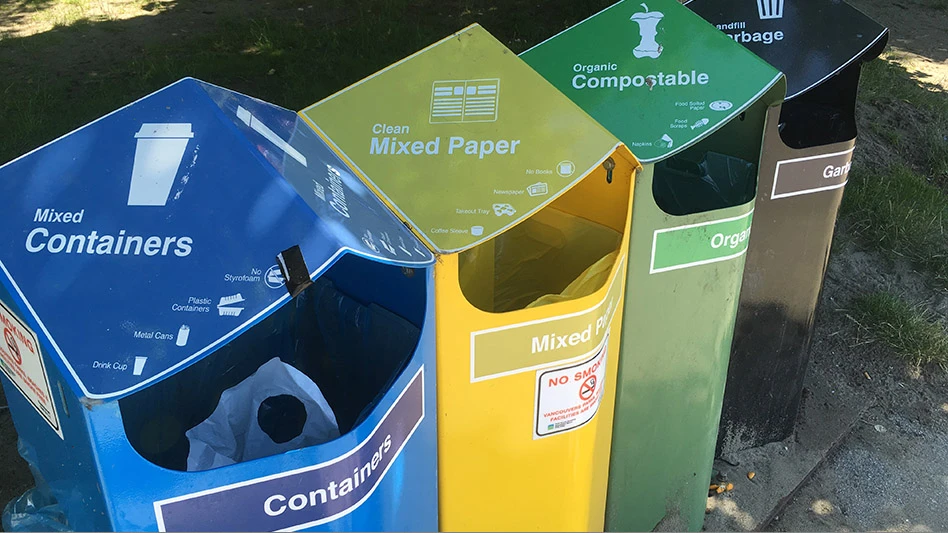
Image courtesy of Arconic
Pittsburgh-based Arconic, a provider of aluminum sheet, plate, extrusions and architectural products for the ground transportation, aerospace, building and construction, industrial and packaging end markets, has reported its financial results for the last quarter and full year of 2020.
Arconic says revenue increased 3 percent from the third quarter to $1.5 billion, primarily because of growth in ground transportation and industrial product demand. Year over year, revenue declined 14 percent, which the company says primarily reflects weaker volumes in aerospace that were partially offset by growth in the industrial and packaging end markets. Arconic had a net loss of $64 million, or 59 cents per share, in the fourth quarter of 2020 compared with net income of $168 million, or $1.54 per share, in fourth quarter of 2019. The fourth-quarter 2020 net loss includes a noncash after-tax charge of $108 million related to a partial annuitization of U.S. pension obligations, the company notes.
Fourth-quarter 2020 adjusted earnings before interest, taxes, depreciation and amortization (EBITDA) was $151 million and adjusted EBITDA margin was 10.3 percent, down sequentially primarily because of continued weakness in aerospace volumes and model year changeovers in ground transportation, Arconic says.
In December of last year, the company says it implemented a partial annuitization of its U.S. pension obligation without requiring any current contribution to the pension plan. This annuitization reduced Arconic’s U.S. pension obligation by approximately $240 million and resulted in expected annual savings of approximately $5 million of administrative costs. To further reduce its U.S. pension liabilities and costs, Arconic says it expects to complete additional annuitizations during the first half of 2021.
Revenue of $5.7 billion for the full year declined 22 percent from 2019 levels, which the company attributes primarily to COVID-19 pandemic-related impacts across the markets it serves and to production declines arising from delays associated with the Boeing 737 MAX. Its net loss of $109 million, or $1 per share, declined from net income of $177 million, or $1.63 per share, in 2019. The full-year 2020 net loss includes after-tax charges of $156 million related to U.S. and U.K. pension annuitizations executed since separation, the company adds.
Full-year 2020 adjusted EBITDA was $619 million, and adjusted EBITDA margin was 10.9 percent, with Arconic implementing $260 million in cash conservation measures compared with its revised target of $250 million. For the three quarters spanning Q2 2020 to Q4 2020, cash provided from operations was $266 million and capital expenditures were $105 million.
Tim Myers, Arconic CEO, says, “In our first nine months, we have weathered a global pandemic, made broad improvements on the corporate and operational fronts and built a foundation for growing profitability and free cash flow over the next several years.
“Our fourth-quarter results demonstrate a steady climb in revenue since the onset of the pandemic as several indicators point to growing customer demand in many of the markets we serve, particularly in the ground transportation and industrial sectors,” he continues. “In the packaging market, we are continuing commercial dialogue with key customers and scheduling qualification trials. Through the remainder of 2021, we will continue optimizing our capacity utilization to align with market demand and broader macroeconomic conditions.”
Arconic says it expects full-year 2021 revenue to be in a range of $6.6 billion to $6.9 billion (assuming a London Metal Exchange aluminum price of $2,030 per metric ton and Midwest Premium of $320 per metric ton for the full year). Adjusted EBITDA for the full-year 2021 is expected to be in a range of $675 million to $725 million.
Latest from Recycling Today
- Commentary: How EPR is transforming the packaging industry
- Acerinox names new North American Stainless CEO
- Greenwave closes 2024 books with red ink
- Steel Dynamics nets $217M on record shipments
- Massive Chinese steelmaking rebound recorded in March
- LME looks into sustainable metal pricing
- OnePlanet Solar Recycling closes $7M seed financing round
- AMCS launches AMCS Platform Spring 2025 update






